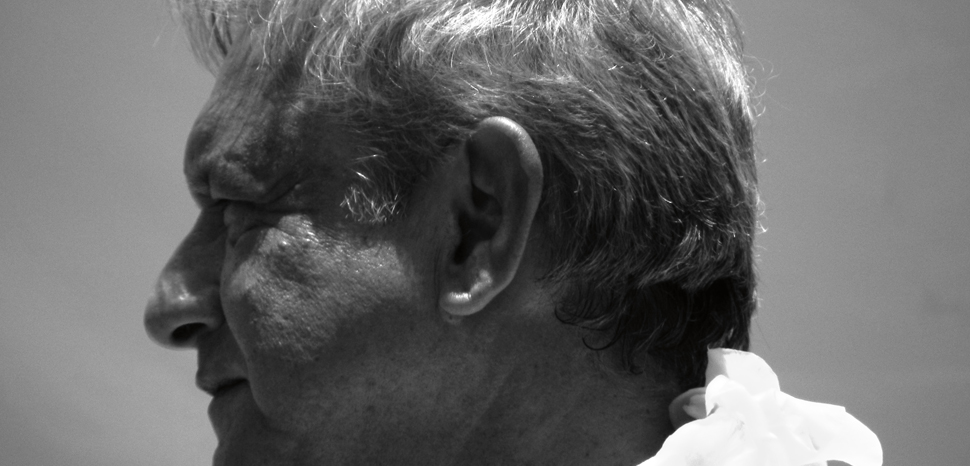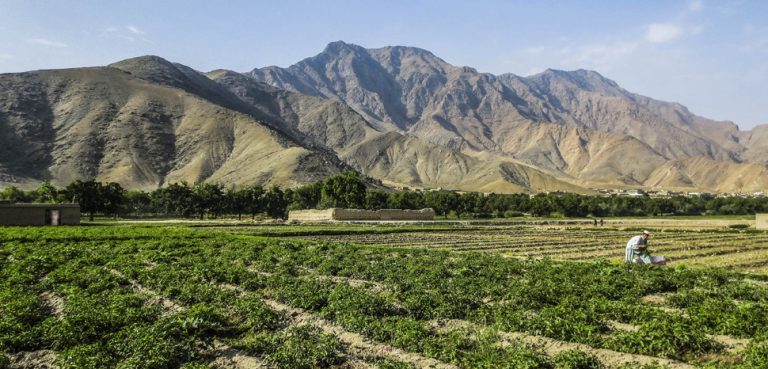Progress made by Mexican president Andres Manuel Lopez Obrador’s much trumpeted anti-corruption drive, a central theme of his first year in office, is at risk of being undermined by apparent moves to concentrate power in his own hands.
Since coming to office in December 2018 following a landslide general election victory, which left his National Regeneration Movement (Morena) with a majority in both houses of Congress, the 66-year-old leftist politician, widely known by his acronym, AMLO, has redoubled efforts to tackle endemic corruption. The scourge is estimated to have robbed Mexico of up to 9 per cent of GDP annually and left it marooned in the lower reaches of Transparency International’s Corruption Perception Index, one of the worst performing OECD members.
Words and deeds have convinced many Mexicans that AMLO has been doing a good job in combating graft. Yet his record is increasingly coming under scrutiny amid indications that he is holding back anti-corruption reforms and weakening independent institutions, including the judiciary and oversight bodies, as part of attempts to centralise power.
In April, his former political party, the Party of the Democratic Revolution, which he left to set up Morena, issued scathing criticism of what it sees as a drive to exert greater control over the country. “We’re in the process of restoring a presidential, centralising and authoritarian system which weakens and suppresses the legislative branch and undermines the independence of the judiciary,” the party said.
Mexicans overwhelmingly backed AMLO’s presidential bid in large part because of his denunciation of and pledge to tackle the corruption that has plagued the country for so long. And it did not take him long to signal his intent. Before he had even been sworn in, he announced he would cancel a multi-billion dollar airport, having criticised the project for cost overruns and claiming that it had been tainted by corruption.
Casting himself as a people’s champion, he has shunned the trappings of power, opening the presidential palace up to the public and flying economy class. His promotion of austerity and efforts to combat government corruption have seen him cut civil servants’ salaries (including his own), fire many of their colleagues and squeeze departmental budgets – the money saved channelled into welfare programmes. Other savings, he claims, have come from tackling fuel theft from oil pipelines and renegotiating natural gas supply contracts which the government regarded as unfair.
In keeping with his image as a self-styled tribune, his crackdown on corruption has included actions and measures clearly aimed at appealing to his core constituency of impoverished Mexicans. A luxury car auction by the new Institute to Return Stolen Goods to the People raised funds for indigenous Indian groups while a new law controversially threatens the kind of sanctions used against drug traffickers to punish businessmen who evade taxes.
Yet away from the populist grandstanding, significant progress seems to have been made in AMLO’s war on graft. In March, Luz Mijangos Borja was appointed to the newly created post of Chief Anticorruption Prosecutor and is reported to have opened investigations into some 680 cases in the first eight months of her term. In the first half of last year, the Finance Ministry’s Financial Intelligence Unit, under the leadership of Santiago Nieto, froze millions of dollars of assets and blocked hundreds of accounts, a big improvement on the same period a year before – although there has reportedly been concern that the agency could be used against the administration’s opponents.
Moreover, AMLO’s apparent attempts to centralise decision-making threaten to undermine the checks and balances required to keep financial crime at bay.
Human rights advocates say the president has been selective over his support for a reform introduced during the former administration aimed at better coordinating efforts by various institutions to combat graft. The proposed 2020 federal budget allocations for the coordinating committee of the so-called Anti-corruption System (SNA) saw sizeable funding increases for the Ministry of Public Administration, the only executive branch member of the committee, with substantial reductions in other areas of the SNA, according to an October analysis by a programme associate at the Washington Office on Latin America (WOLA), an NGO.
“It appears that Lopez Obrador is most likely to support what he can control,” the WOLA article stated, asserting that the new government has yet to demonstrate a commitment to ensuring the SNA has the support and resources it needs to thrive. At the same time, funding cuts have hit other important independent bodies such as the National Electoral Institute, the attorney general’s office, the National Human Rights Commission (CNDH) and the National Institute for Transparency.
AMLO’s budget reductions appear to reflect a distrust of independent institutions, which, some critics say, his administration has sought to weaken further by staffing certain positions with people who are either allies or unqualified. In November, for instance, Rosario Piedra Ibarra, a long-standing supporter of the president, was appointed to head the CNDH, a body she had previously criticised. In April, AMLO filled four vacancies on the energy regulatory commission, CRE, with candidates whose suitability had been questioned. And in March, Mexico City judge Yasmin Esquivel, the wife of a businessman with close ties to AMLO, was appointed to the Supreme Court. She rejected any suggestion that her relationship would compromise her integrity at the court.
The authorities’ approach towards the judiciary has come under significant scrutiny, with observers pointing to delays in promised reforms and alleged moves to undermine judicial independence.
The October WOLA commentary said AMLO had yet to fulfil his constitutional responsibility to name 18 anti-corruption magistrates to the Federal Tribunal of Administrative Justice, the SNA’s sanctioning arm. The magistrates have exclusive jurisdiction over offences such as money laundering and embezzlement and their absence was “delaying the sanction of dozens of grave corruption crimes.”
In April, critics attacked a Morena proposal to set up an anti-corruption chamber in the Supreme Court which would increase the number of judges the president and his government could appoint, leaving it effectively in control of the court. AMLO distanced himself from the move, yet observers point out that in another year or so he will have nominated a sufficient number of judges to block constitutional challenges, including those to government programmes. A September report by the Inter-American Institute of Social Responsibility and Human Rights warned that the federal judiciary is in danger of facing “a radical change of its legal framework, without due consultation, which would weaken its guarantees of independence.”
There is little doubt that AMLO has taken important strides in tackling corruption. But his evident consolidation of power threatens the effectiveness and integrity of independent institutions tasked with safeguarding transparency and curbing abuses. If this process continues unchecked, it may start to unravel the progress he has already made.
Yigal Chazan is the head of content at Alaco, a London-based business intelligence consultancy.
The views expressed in this article belongs to the author alone and does not necessarily reflect those of any institutions with which the author is associated with or Geopoliticalmonitor.com.




